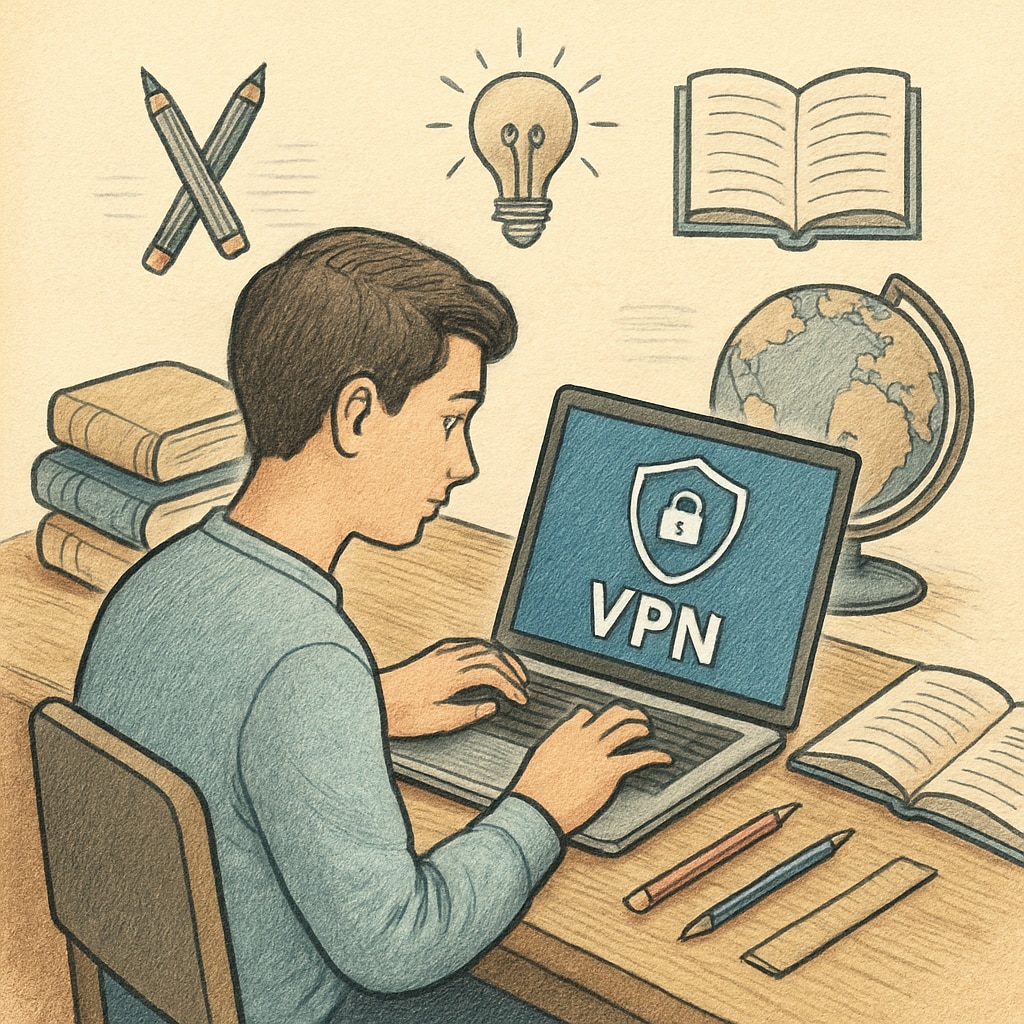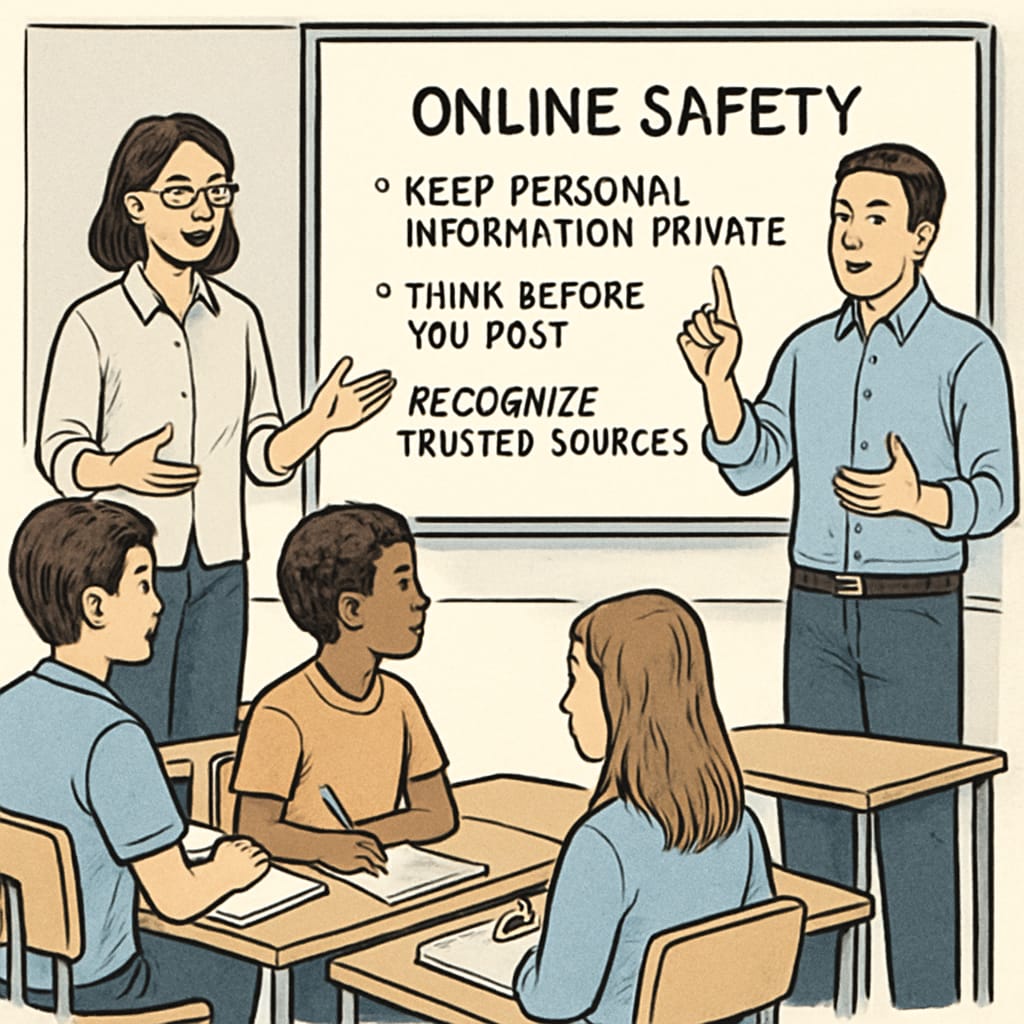With the enforcement of strict UK age verification laws, VPN usage has skyrocketed among internet users, including students. These laws aim to protect minors from accessing inappropriate content online, but they have inadvertently created new challenges for educators in K12 schools. Balancing the need for online safety and fostering responsible digital literacy has become a pressing concern. As young people increasingly turn to VPNs to bypass restrictions, educators must adapt their strategies to address this growing phenomenon.
Why Age Verification Laws Are Sparking VPN Usage
Age verification laws in the UK require websites to confirm users’ ages before granting access to certain content, particularly adult material. While these regulations are designed to safeguard children, they also impose barriers for legitimate users. As a result, many students and adults alike rely on VPNs (Virtual Private Networks) to circumvent these measures. VPNs mask users’ locations and identities, allowing unrestricted access to online resources.
For K12 students, VPN use has become an attractive solution to access blocked websites during school hours or on personal devices. However, this trend raises concerns about exposure to harmful content and the risks of bypassing cybersecurity protocols.

Challenges for K12 Educators: Balancing Safety and Digital Literacy
As VPN usage becomes more prevalent, K12 educators face a dual challenge: protecting students from online risks while encouraging responsible internet use. Schools often implement robust filtering systems to block inappropriate content, but VPNs can render these systems ineffective. This leaves educators grappling with how to maintain a safe online environment without stifling students’ curiosity and access to valuable resources.
- Online Safety: VPNs can expose students to cyber threats, such as malware and phishing attacks, by bypassing school security measures.
- Digital Literacy: Educators need to teach students the importance of ethical and responsible internet usage, including understanding the risks associated with VPNs.
- Privacy Concerns: VPNs collect user data, potentially creating privacy risks for students who may not fully comprehend the fine print.
These challenges necessitate a comprehensive approach to education that prioritizes both safety and digital competency.

Strategies for Addressing VPN Usage in Schools
To tackle the rise in VPN usage and its implications, educators can adopt several strategies:
- Enhance Digital Education: Incorporate lessons on internet safety, cyber ethics, and the potential risks of VPN usage into the curriculum.
- Collaborate with Parents: Engage parents in discussions about online safety to ensure students receive consistent messaging at home and school.
- Implement Advanced Monitoring Tools: Upgrade school cybersecurity systems to detect and block unauthorized VPN usage effectively.
- Promote Open Communication: Create a safe space for students to discuss their online experiences and educate them about responsible browsing habits.
By adopting these strategies, schools can strike a balance between safeguarding students and empowering them to navigate the digital world responsibly.
Learn more about VPNs on Wikipedia. For additional insights on digital literacy, visit Britannica’s Digital Literacy page.
Conclusion: Preparing Students for the Digital Age
The surge in VPN usage driven by UK age verification laws presents a unique challenge for K12 education. While these laws aim to protect minors, their unintended consequences highlight the need for a balanced approach to digital safety and literacy. Educators play a pivotal role in preparing students to navigate the complexities of the online world responsibly. By fostering open communication, enhancing digital education, and implementing advanced security measures, schools can equip young people with the skills they need to thrive in the digital age.
Ultimately, the goal is to empower students to make informed decisions online while ensuring their safety and privacy. By addressing the challenges posed by VPN usage, K12 educators can pave the way for a generation of digitally savvy and responsible individuals.


